Multiple sclerosis (MS) currently has no cure, however, there are many treatments that can control and manage symptoms and slow the progression of the disease. In addition, a suitable diet is essential for people with this “difficult to treat” disease.
Multiple Sclerosis (MS) is a disorder of the brain and spinal cord that impairs nerve function. Some scientists believe that MS is an abnormal immune response against the central nervous system.
MS often causes inflammation and, if repeated many times, destroys the myelin sheath of nerves and leaves areas of scar tissue along the outer covering of nerve cells, causing the consequences of slowing or blocking the transmission of nerve impulses.
Here are 10 good foods for people with MS:
1. Turmeric – people with MS should eat
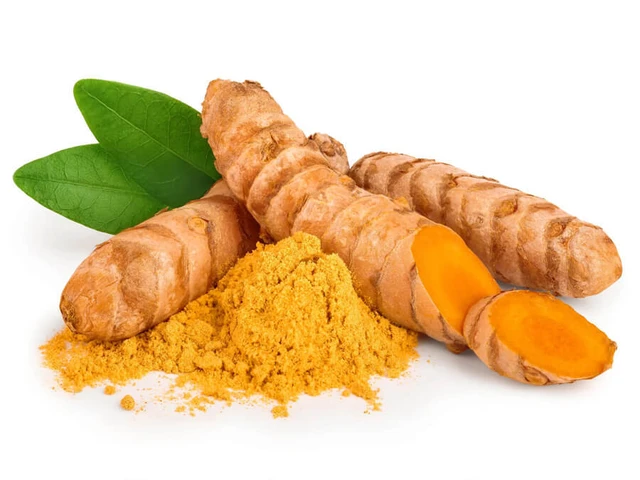
This bright orange spice is a popular culinary ingredient, and can be used in a variety of dishes. The main ingredient in turmeric is curcumin, which can protect nerve cells and regulate the body’s immune system. People with MS can use turmeric to sprinkle on everything from cooked vegetables to whole grain rice, or take it in capsules. Curcumin is safe for most people, but it can cause side effects if you’re taking certain medications. So before you take turmeric as a supplement, it’s best to check with your doctor.
2. Foods rich in vitamin D
If you have MS, you’re at risk for osteoporosis, a condition that makes your bones weaker and more likely to break. Vitamin D can help protect you from this. It can also help limit the inflammation that causes MS symptoms. In addition to sunlight, oily fish such as salmon or tuna, yogurt, eggs, cereals and orange juice are good food sources for people with MS. You should ask your doctor about vitamin D supplementation that is appropriate for your health condition.
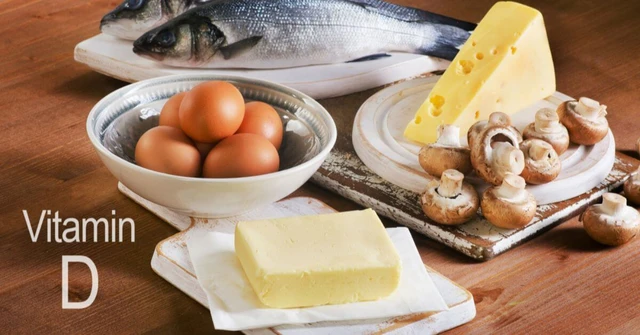
3. Fruits and vegetables
Eating five servings of fruits and vegetables a day will help you get antioxidants, which can help reduce inflammation. If you eat them regularly, they can help prevent disease from recurring. These foods are high in fiber, which helps keep your digestive system running smoothly. Increase your intake of antioxidant-rich foods, such as onions, apples, citrus fruits, berries and black grapes.

4. Ginger
Ginger is known as a medicinal plant in many parts of the world, including Vietnam. Studies show that it can help calm the immune system and may even improve memory problems and muscle pain, which are common symptoms of MS. Fresh ginger root may provide more benefits than ginger capsules. You can use it by peeling, chopping, and stir-frying, cooking, or steeping a piece of peeled ginger in hot water to make tea.
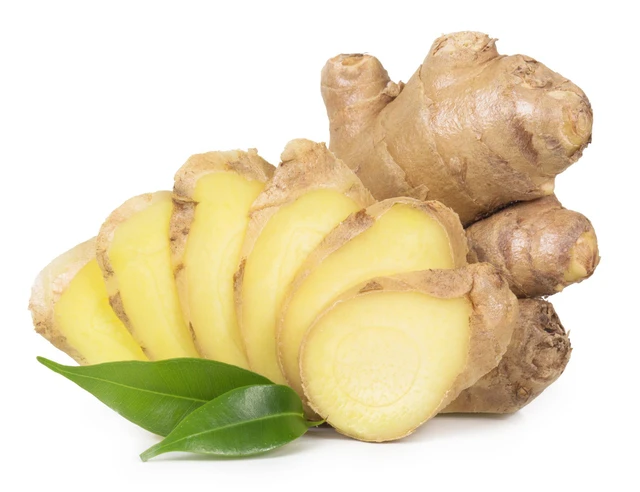
5. Foods with Fiber
“Insoluble” fiber is your best bet. You’ll find it in prunes or their juice, whole-wheat bread, brown rice, and other whole-grain cereals. Your body doesn’t fully digest this fiber, so it passes through your digestive system. This helps prevent constipation, a common problem for people with MS. Most people should aim to get at least 25 grams of fiber per day. Since this type of food absorbs water, be sure to drink plenty of water each day.
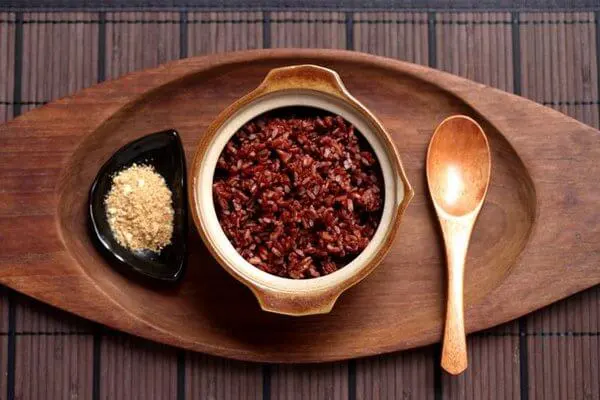
6. Green Tea
Are you experiencing muscle weakness and fatigue? A soothing cup of green tea may help. A small study found that some of its compounds, including one called EGCG (Epigallocatechin gallate), may help alleviate these symptoms. People saw results after drinking green tea every day for at least 3 months. The beverage may also boost your immune system, reduce inflammation, and slow the effects that MS can have on your memory.
7. Calcium Supplements as an Alternative to Cow’s Milk
Some studies have suggested a link between cow’s milk and MS. One theory is that the proteins in dairy products may irritate the immune system. Other studies have not shown a link to MS. But if you’re lactose intolerant, it’s best to stay away from milk. Look for dairy products that are fortified with calcium to help protect your bones.
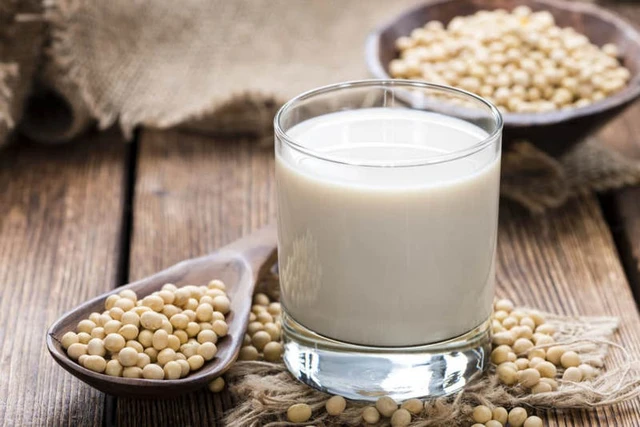
8. Fatty Fish
Herring, mackerel, albacore tuna, sardines, and salmon all contain omega-3 fatty acids, which can help reduce inflammation in the body. One large study found that people with MS who took 10 grams of fish oil a day were less likely to relapse or become disabled. If you’re a vegetarian or don’t like fish, ask your doctor about getting omega-3s from fish oil or flaxseed oil supplements.
9. Lean Protein
Some studies have shown that a diet low in saturated fat can help people with MS. Plus, it’s been linked to heart disease and other health problems, so it’s best to limit your intake. When you do eat protein, skip fatty red meat and opt for leaner cuts like skinless chicken. Or replace meat in your meals with beans and lentils. They’re high in fiber and folate, which can help reduce MS attacks.

10. Whole Grains
Aim for three to five servings of healthy whole grains like whole wheat pasta, quinoa or brown rice every day. Their complex carbohydrates can prevent energy spikes and help you feel less tired. And their fiber will help you control your weight and avoid constipation. The good amounts of magnesium and iron that whole grains contain may also help slow the effects of MS, although scientists need more research to know for sure.





